News From Intellectual Property world
Google And Universal Music Collaborate To License Voices For AI-Generated Songs
Google and Universal Music are in negotiations to license artists’ voices and melodies for AI-created songs. These discussions may also lead to the development of a tool enabling fans to create AI-generated music while ensuring copyright owners receive compensation. Artists would have the choice to opt into this process.
The talks, in their early stages, follow a trend where fans use AI to create deepfake music imitating artists’ voices. Such music often gets shared on platforms like TikTok without the artists’ consent, raising concerns about intellectual property and artist rights.
Google and Universal’s discussions reflect the music industry’s growing concern over AI’s impact on artist voices. Labels emphasize the importance of protecting artists’ voices and choices.
Rosie Burbidge, an intellectual property partner at Gunnercooke LLP, mentioned, “If the music itself is AI generated then we are in clearer copyright infringement territory.” This highlights the potential legal implications of AI-generated music.
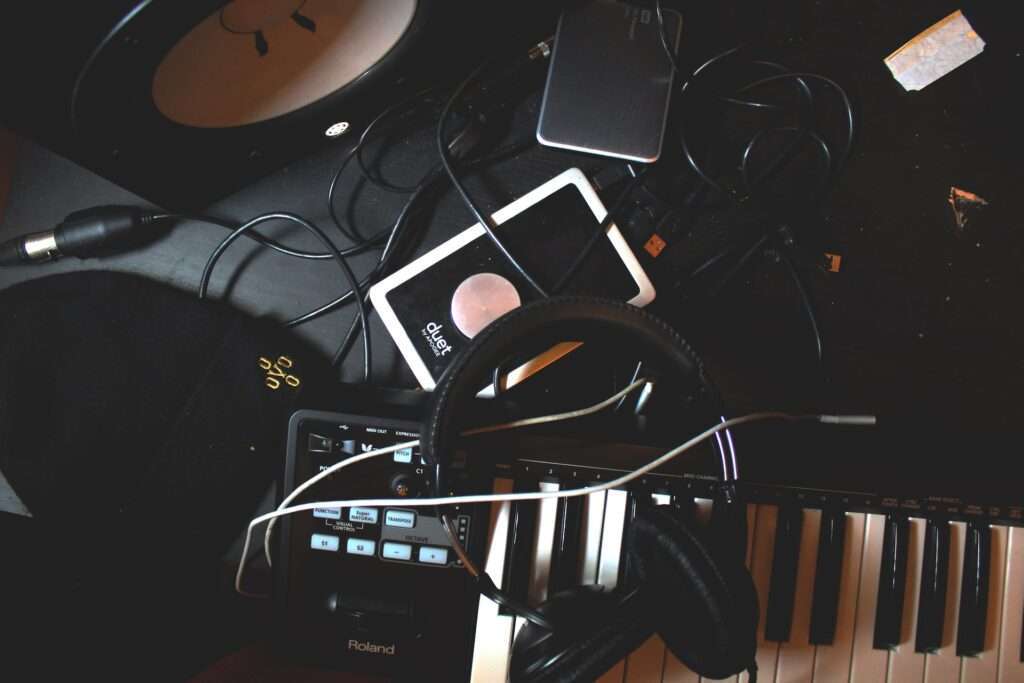
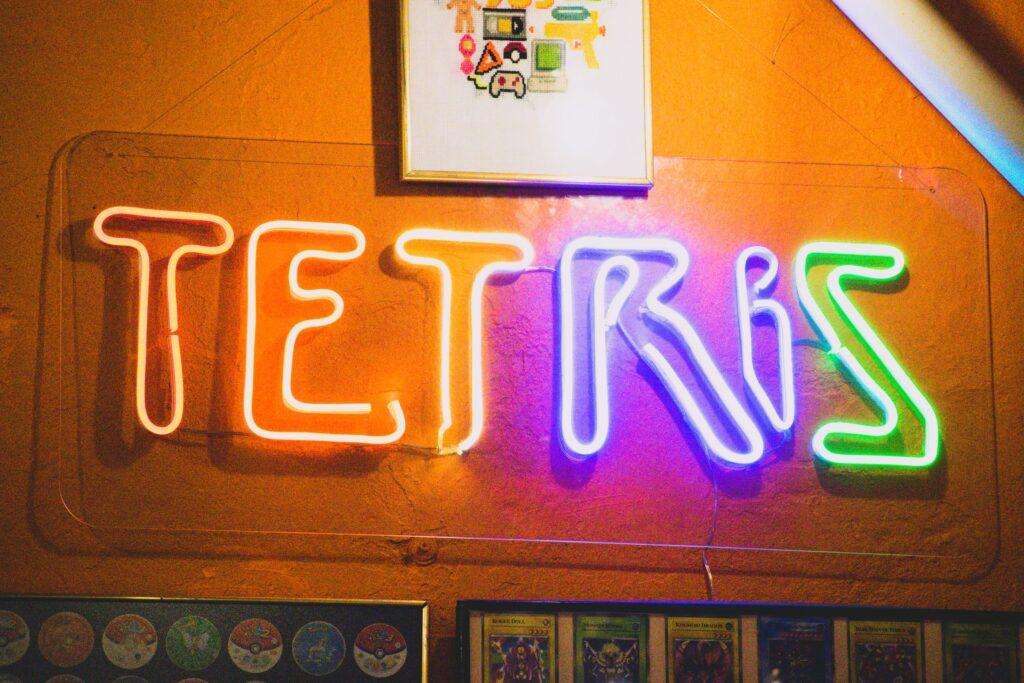
Tetris Effect Author Alleges Film Plagiarism
Dan Ackerman, Editor-in-Chief of tech news site Gizmodo, has filed a lawsuit accusing Apple, the Tetris Company, and others of adapting his book on the video game Tetris into a film without permission.
Ackerman alleges he sent his book “The Tetris Effect” to the Tetris Company in 2016, which he claims copied it for the movie. The film premiered on Apple TV in March. Ackerman seeks damages of at least 6% of the film’s $80m budget.
His book, published in 2016, outlines the Soviet history of the puzzle game and the global licensing rights battle. Ackerman sent the book to the Tetris Company, who refused to license their intellectual property for related projects.
According to Ackerman, the company’s CEO and screenwriter copied his book for the screenplay. The film borrowed numerous sections, closely resembling the book.
Ackerman accuses Apple and the Tetris Company of copyright infringement and interfering with his business relations.
Ackerman’s attorney, Kevin Landau, says the lawsuit aims to provide respect and justice for his client’s work.
Apple and the Tetris Company have not commented on the lawsuit.
Ed Sheeran Reflects on Copyright Lawsuits: "Comes with the Territory"
Ed Sheeran, the British singer-songwriter, has shared his perspective on copyright infringement lawsuits in a recent interview. He mentioned that defending against such lawsuits has become a common aspect of the music industry for top artists like himself.
Speaking to CBS News, Sheeran stated, “I just think it comes with the territory… When they say there’s a hit, there’s a writ – it’s true. Every single hit.”
He echoed the arguments he and his legal team used in the recent case where he was accused of plagiarizing Marvin Gaye’s “Let’s Get It On” for his song “Thinking Out Loud.” Sheeran highlighted the mathematical likelihood of songs sharing similar chords and notes due to the large number of songs released daily.
“There’s four chords that get used in pop songs, and there’s however many notes – eight notes or whatever – and there’s 60,000 songs released every single day,” Sheeran explained. He added that the possibility of similar chord progressions is high and that legal battles are likely to continue due to the financial nature of the music industry.
“You can only get caught out if you’ve done something wrong… I have not done something wrong,” Sheeran asserted. He emphasized the common use of certain chords in music and how they can sound similar across songs.
In the lawsuit against Sheeran, the heirs of Marvin Gaye’s co-writer alleged copyright infringement. The court ruled in favor of Sheeran after a trial where he and his co-writer denied copying “Let’s Get It On.”
This victory adds to Sheeran’s previous legal triumph in a London copyright trial. Sheeran’s recent album, “Subtract,” was released on Friday, reflecting his journey as an artist dealing with personal topics.
The interview was aired on CBS and Paramount+ where Sheeran discussed his growth as an artist and his understanding of the complexities of the music industry.

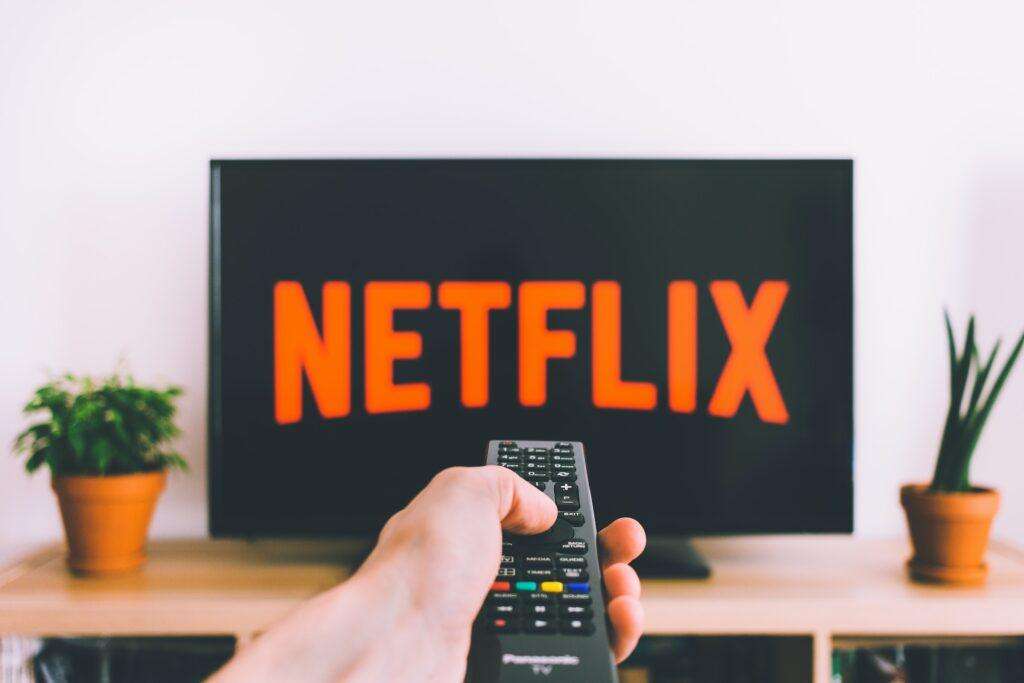
UK Introduces New Bill to Combat Fake Reviews and Subscription Traps
The UK government is set to introduce the digital markets, competition, and consumer bill, focusing on tackling issues like fake online reviews and deceptive subscription practices. This legislation follows closely on the heels of the online safety bill and aims to enhance consumer protection and competition in digital markets.
Under this bill, major tech giants like Google, Apple, and Amazon, deemed to have “strategic market status,” will be subject to stringent rules aimed at curbing their excessive dominance and promoting competition. If these firms breach the new regulations, they could face substantial fines of up to 10% of their global turnover.
The bill empowers the Competition and Markets Authority to regulate and enforce these rules, specifically targeting the powerful tech companies that wield significant influence in digital markets. This measure is designed to address concerns about the dominance of a few tech firms over consumers and businesses.
The legislation focuses on two key aspects. Firstly, it empowers the digital markets unit, a subgroup of the Competition and Markets Authority, to regulate digital markets. Secondly, it strengthens the authority’s ability to directly enforce consumer law, imposing penalties for breaches.
While measures such as banning fake reviews and ending subscription traps are included in the bill, its primary impact lies in its regulatory framework. The bill aims to curtail the unchecked power of tech giants, fostering a fairer marketplace for consumers and businesses.
The digital markets, competition, and consumer bill seeks to modernize consumer protections and address the challenges posed by the digital age. While popular consumer-focused reforms are included, the bill’s core focus is to ensure fairness, competition, and accountability in the digital landscape.
The talks, in their early stages, follow a trend where fans use AI to create deepfake music imitating artists’ voices. Such music often gets shared on platforms like TikTok without the artists’ consent, raising concerns about intellectual property and artist rights.
Google and Universal’s discussions reflect the music industry’s growing concern over AI’s impact on artist voices. Labels emphasize the importance of protecting artists’ voices and choices.
Rosie Burbidge, an intellectual property partner at Gunnercooke LLP, mentioned, “If the music itself is AI generated then we are in clearer copyright infringement territory.” This highlights the potential legal implications of AI-generated music.
Adidas Reverses Stance, Withdraws Opposition to Black Lives Matter Trademark Request
Adidas has backtracked on its opposition to the Black Lives Matter (BLM) movement’s trademark application for a design featuring three parallel stripes. The German sportswear company initially filed an objection, citing potential confusion with its iconic branding that has been in use for over 70 years. However, Adidas swiftly changed its position, withdrawing its opposition to the BLM Global Network Foundation (BLMGNF) trademark application.
A spokesperson for Adidas stated that the company would withdraw its opposition to the BLMGNF’s trademark application without providing specific reasons for the shift. An insider source indicated that concerns over misinterpretation and potential criticism of the BLM movement’s mission contributed to the sudden change.
BLMGNF applied for a US trademark for a yellow three-stripe design in November 2020, intended for use on various merchandise. Adidas had argued that the proposed design resembled its iconic three-stripe logo, causing confusion among consumers.
The Black Lives Matter Global Network Foundation was established in response to the shooting of Trayvon Martin in 2012 and gained significant prominence during the global protests following the killing of George Floyd in 2020.
Adidas has faced legal battles over its three-stripe trademark, filing numerous lawsuits and signing settlement agreements. However, it has recently faced financial challenges, including the decision to cut ties with rapper Kanye West due to his controversial remarks. The company warned of potential revenue loss and a financial hit if it decides not to sell its remaining stock of products created in collaboration with West.
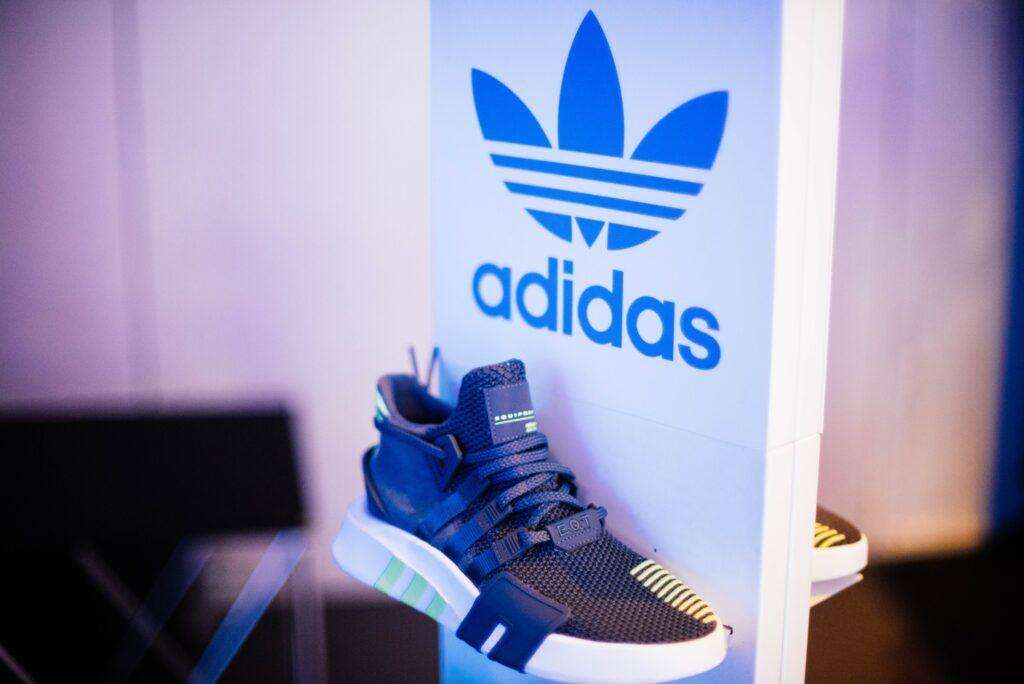
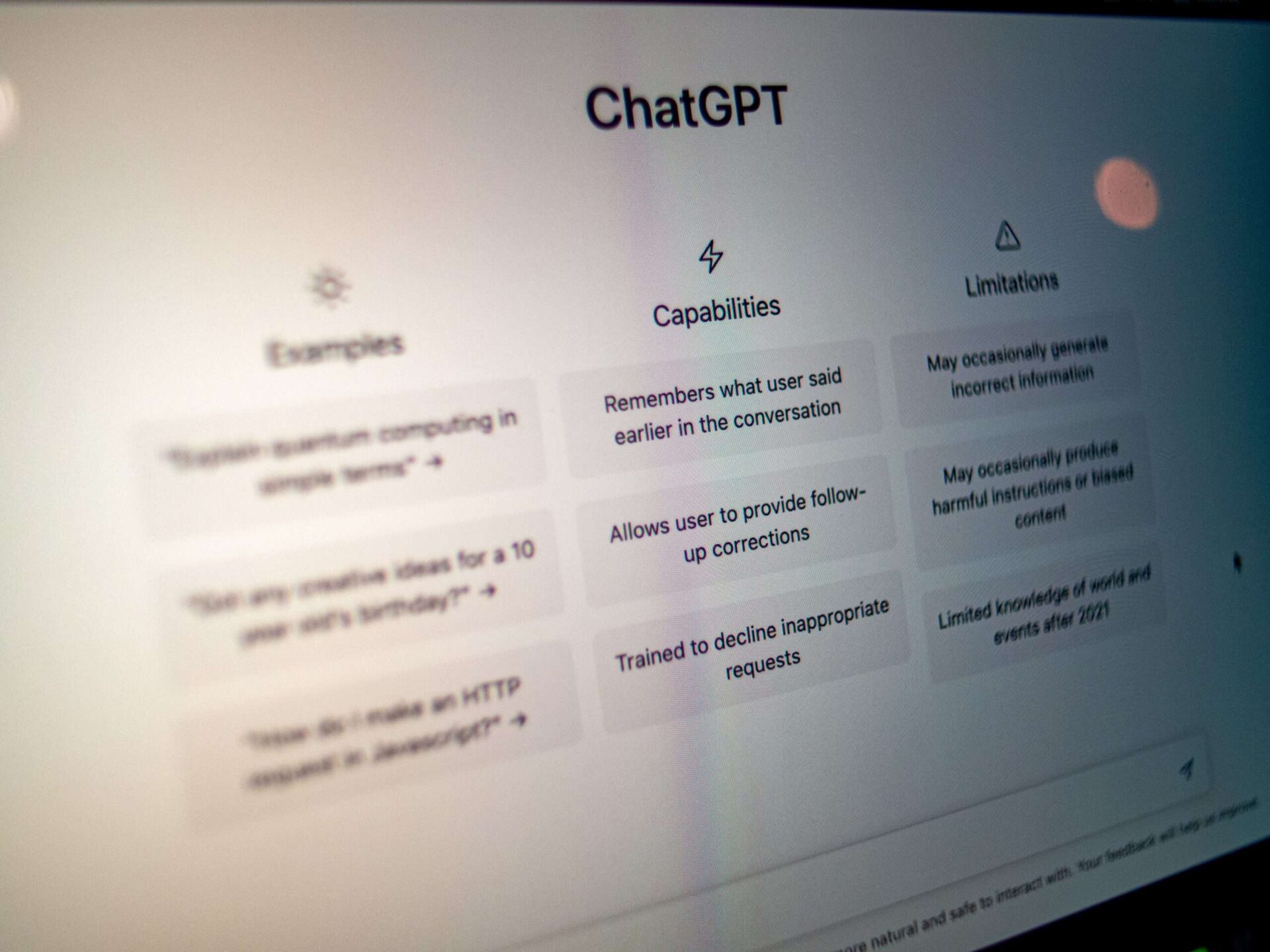
Sarah Silverman Files Copyright Lawsuit Against OpenAI and Meta for AI Training
US comedian and author Sarah Silverman is suing OpenAI and Meta, led by Mark Zuckerberg, for alleged copyright infringement. Silverman, along with authors Christopher Golden and Richard Kadrey, claims their work was used without permission to train AI models developed by OpenAI and Meta.
AI tools like ChatGPT, a popular chatbot, use vast amounts of internet data to create convincing responses. The lawsuit against OpenAI asserts that the authors’ copyrighted books were used without consent to train ChatGPT. The lawsuit against Meta claims many of their works appear in the dataset used to train Meta’s AI models.
The authors’ works were reportedly obtained from “shadow library” sites, long of interest to the AI community. The lawsuits include evidence of their works being summarized by the AI models.
Joseph Saveri and Matthew Butterick, representing the authors, have noted concerns from writers about AI-generated text resembling copyrighted material. They’re also representing Mona Awad and Paul Tremblay in a separate lawsuit against OpenAI, alleging their works were used without consent.
Lawsuits surrounding AI models also extend to false answers or “hallucinations” they generate. OpenAI and Meta are yet to respond to the lawsuits.
